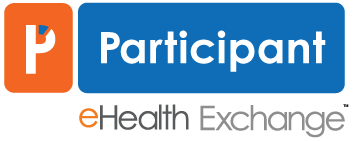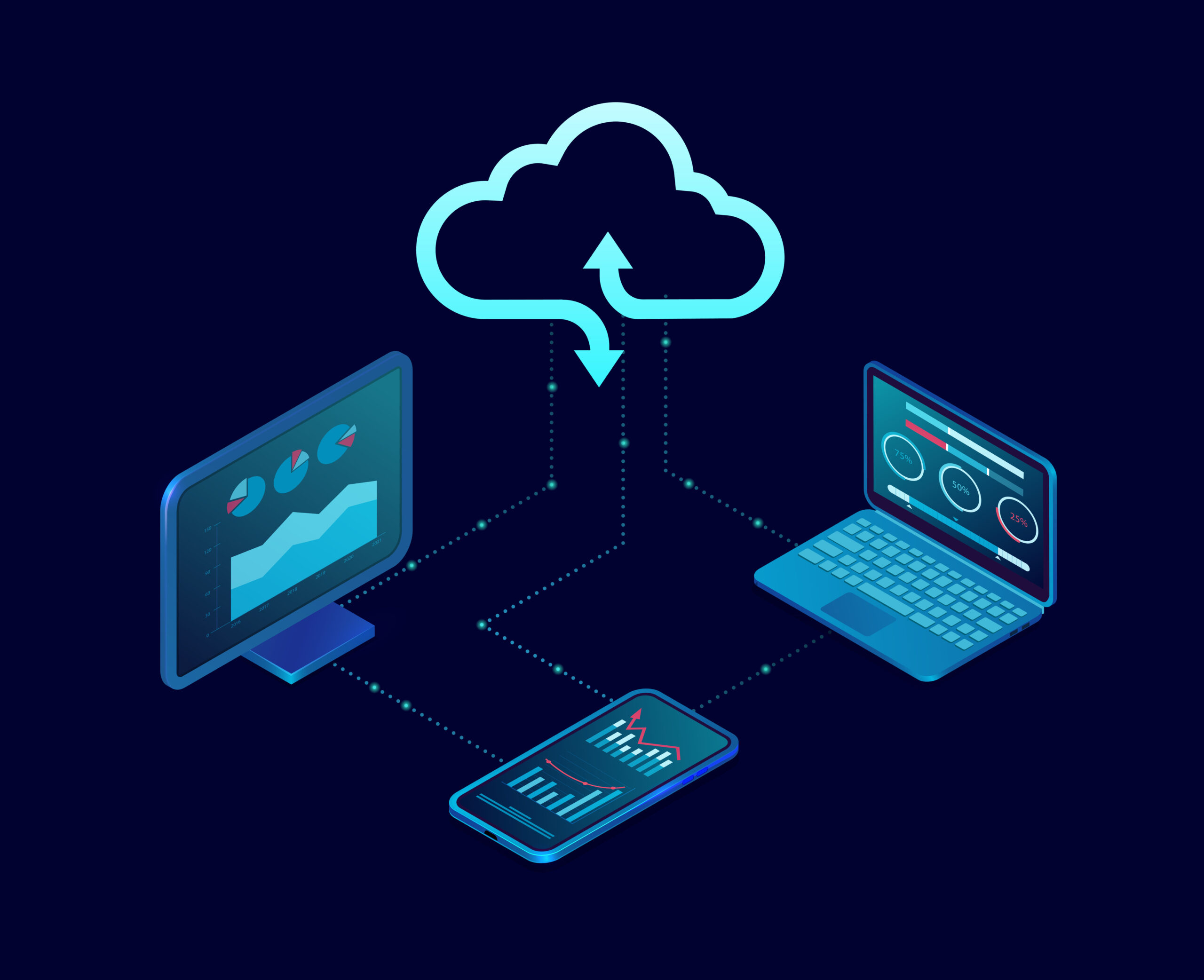The 21st Century Cures Act (Cures Act), signed into law in 2016, directed Office of National Coordination of Health Information Technology (ONC) to implement a standardized process for the public to report claims of possible information blocking. What is information blocking you may ask.
In general, information blocking is a practice by a or health care provider, health plan, health IT developer of certified health IT, health information network, or health information exchange, except as required by law or specified by the Secretary of Health and Human Services (HHS), that is likely to interfere with access, exchange, or use of electronic health information.
What are examples of practices that could constitute information blocking?
Section 4004 of the Cures Act specifies certain practices that could constitute information blocking:
- Health Systems or Practices that restrict authorized access, exchange, or use under applicable state or federal law of such information for treatment and other permitted purposes under such applicable law, including transitions between certified health information technologies (health IT);
- Implementing health IT in nonstandard ways that are likely to substantially increase the complexity or burden of accessing, exchanging, or using Electronic Health Information (EHI);
- Implementing health IT in ways that are likely to—
- Restrict the access, exchange, or use of (EHI) with respect to exporting complete information sets or in transitioning between health IT systems; or
- Lead to fraud, waste, or abuse, or impede innovations and advancements in health information access, exchange, and use, including care delivery enabled by health IT.
These are just some examples of information blocking, however, ONC provides many additional examples of practices that could constitute information blocking in ONC’s Cures Act Final Rule.
How do I submit an information blocking complaint to ONC?
Information blocking complaints can be submitted through ONC’s online Health IT Feedback Form.
As specified by the Cures Act, information blocking claims and information received by ONC in connection with a claim or suggestion of information blocking are generally protected from disclosure under the Freedom of Information Act.
The information blocking claims reporting process welcomes claims of possible information blocking from anyone who believes they may have experienced or observed information blocking. Any information received by ONC in connection with a claim or suggestion of possible information blocking and that could reasonably be expected to facilitate identification of the source of the information (claimant) is protected from disclosure under the Cures Act. The Cures Act authorizes the HHS Office of Inspector General (OIG) to investigate any claim of information blocking.
Have claims been submitted to ONC on information blocking?
Yes, in fact, the type of claim that has been filed is mainly against health care providers.

What has ONC observed in claims received since April 2021?
Bearing in mind that there are several factors to consider regarding a claim of possible information blocking, ONC made some general observations based on the information claimants have provided in a recent report.
The claims reflect what people and entities are encountering as they seek to access, exchange, and use EHI, the circumstances described in the claims offers insight into potential impediments to EHI access, exchange, or use. The claims also suggest ONC has had success in fostering awareness of the Report Information Blocking Portal beyond the health IT community, because the claims are coming not only from health IT developers but from a variety of people—including patients and their representatives, and health care providers. Many of the concerns expressed in the claims are consistent with examples of practices likely to interfere with access, exchange, or use of EHI that we described in ONC’s Cures Act proposed and final rules. For example, health care providers have reported being charged what they assert are excessive fees to access EHI or to export EHI to a new EHR system, or to HIES, and unnecessary delays in receiving EHI they have requested for their patients. Claimants representing the patient perspective have described being charged fees for electronic access to their health information, experiencing unnecessary delays in receiving access to their EHI, or both.
Given the rapid changes in health policy, Centralis Health is committed to staying abreast all federal, state, and local regulations and mandates to ensure that we provide the most up to date and cost-effective way to exchanged EHI thought-out the provider community, and the clients we serve.


